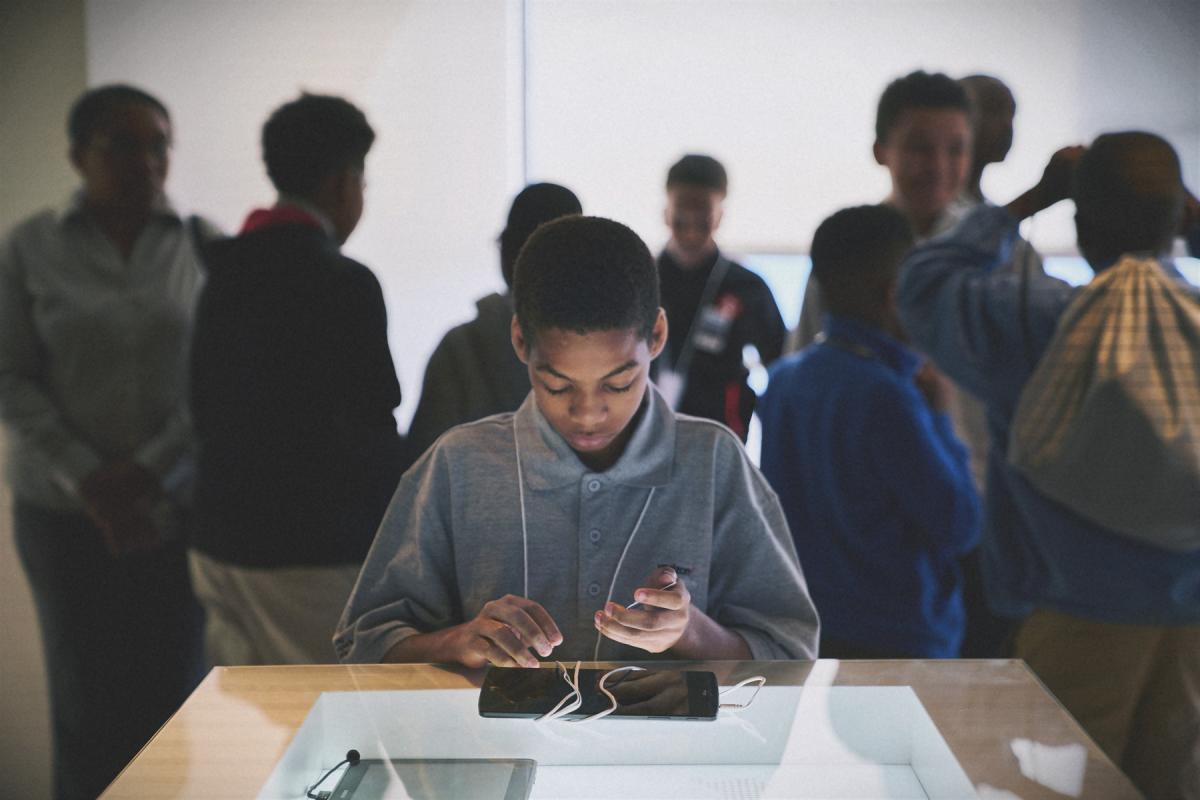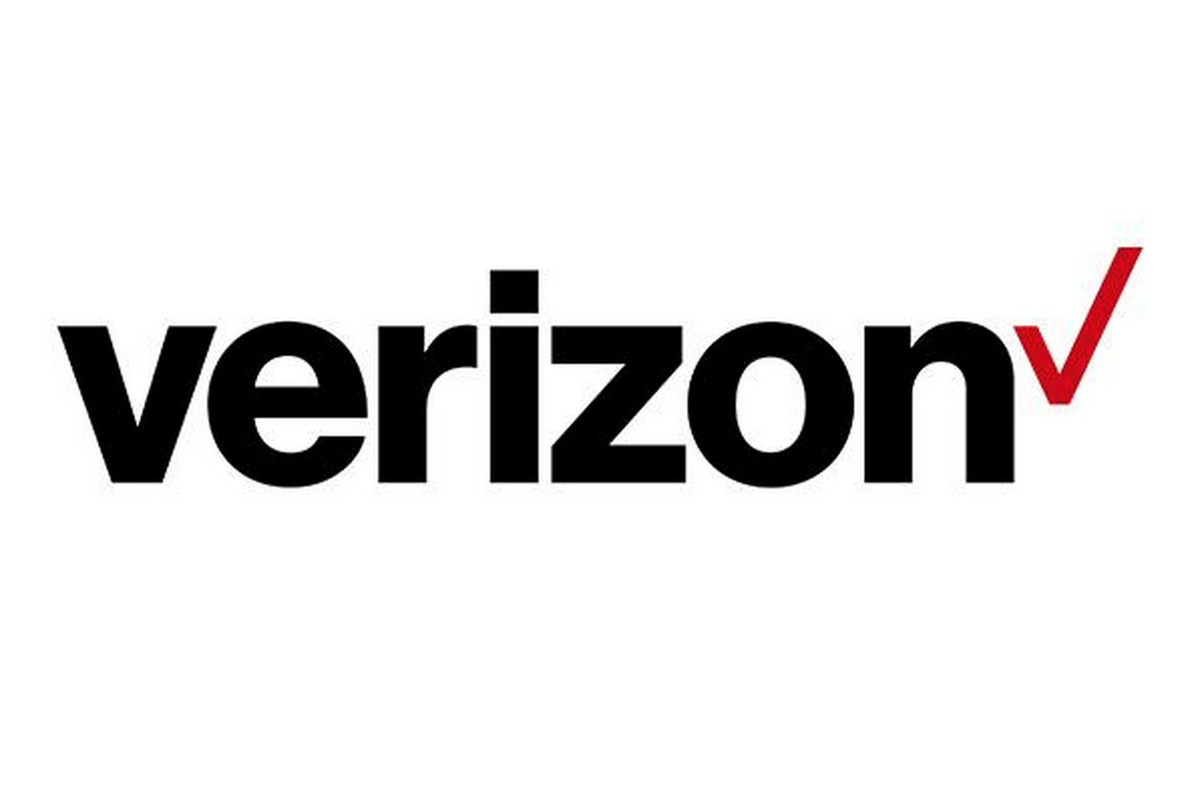Minority Middle School Male Students Get a Jump Start through Verizon Innovative Learning
Four new Historically Black Colleges and Universities (HBCU) and Hispanic Serving Institutions (HSI) to participate in 2017; now active on 16 campuses nationwide

BASKING RIDGE, N.J., July 10, 2017 /3BL Media/ – This summer, thousands of minority middle school boys in 16 cities nationwide will head to college campuses to learn skills like mobile app development, 3D design, creating and flying drones, and developing virtual reality and augmented reality experiences as a part of Verizon Innovative Learning. Launched in 2015 in partnership with HBCUs and HSIs, the 2-year program provides students with intensive, hands-on courses in science, technology, engineering and math (STEM) over the summer and access to mentors, with continued programming throughout the school year.
Over 2,000 students have participated in the Verizon Innovative Learning program to date, and today, Verizon announces its expansion to four new HBCUs and HSIs, including:
- Tennessee State University, Nashville, TN
- Florida International University, Miami, FL
- California State University, Los Angeles, Los Angeles, CA
- Dillard University, New Orleans, LA
During the summer, minority male students from surrounding middle schools will attend summer technology courses on university campuses, taught by professors, where they will learn the fundamentals of STEM subjects and complete hands-on projects that further develop their creativity and complex problem solving skills, and help them build an entrepreneurial mindset. Students also meet with mentors and gain further experience with technology throughout the school year.
“Over the last two years, we have seen firsthand the positive impact that exposing new technologies and providing ongoing mentorship has had on the minority males in this program” said Justina Nixon-Saintil, Director of Education for the Verizon Foundation. “Our university partners and the resources they bring to the table are helping these young men realize their potential in becoming the change-makers of tomorrow’s tech-driven economy.”
At the end of July, the Verizon Foundation will host a conference in San Francisco for 100 of the top performing students in the program that will inspire them to become leaders in emerging technology trends like wearable technology, virtual reality, 3D printing and the Internet of Things. Students will hear from industry professionals on the importance of minority males in the Silicon Valley ecosystem, and participate in hands-on experiential activities at the Verizon Innovation Center, Lucasfilm, Levi’s Stadium and Auto Desk.
The program was developed under Verizon Innovative Learning, an initiative of the Verizon Foundation to bring free technology, access and hands-on immersive learning experiences to kids in need to prepare them to thrive in a digital economy. Among students in all Verizon Innovative Learning programs:
- 47 percent feel more confident in what they can do;
- 53 percent are more interested in STEM careers; and
- 64 percent are more interested in attending college.
This year, Verizon launched #weneedmore, an effort to bring more attention to the critical need for more kids to see the world of possibilities waiting for them in STEM fields. Learn more at www.weneedmore.com.
About Verizon Innovative Learning
Verizon Innovative Learning, the education initiative of the Verizon Foundation, brings technology and hands-on learning opportunities to middle and high school students in underserved schools and communities. We not only fund the programs, but we also create and administer them in partnership with leading nonprofits. We diligently measure the impact of our work and refine our programs to ensure we’re making a difference. We’ve reached more than 300,000 students so far – and we’re just getting started. For more information about Verizon’s philanthropic work, visit www.verizon.com/about/responsibility; or for regular updates, visit Facebook (www.facebook.com/verizonfoundation) and Twitter (https://twitter.com/VZFoundation).

